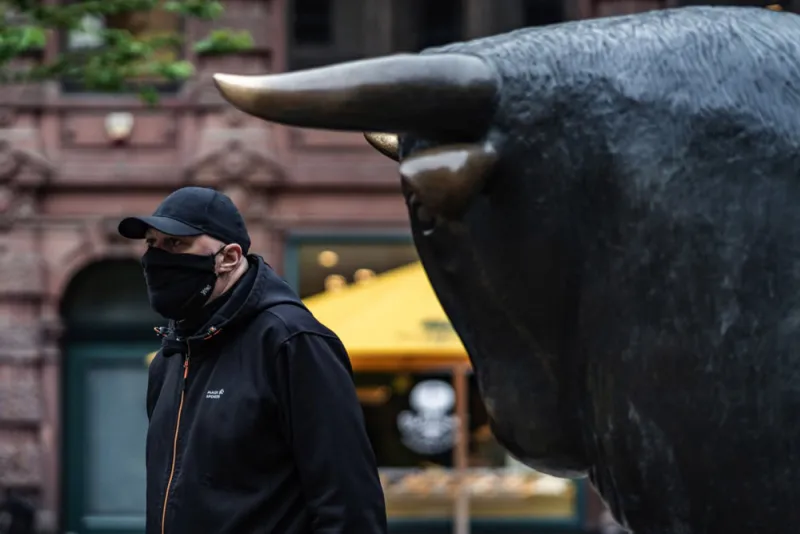It’s a good time to invest in a distressed-debt fund, if 2020 is anything like past financial crises.
Distressed-debt funds raised during the last two major market meltdowns outperformed both other private debt funds and distressed funds of other vintages, according to analysis by Preqin. The data firm showed that the top-performing distressed-debt funds of the 21st century were those raised during the recession following the dot-com bubble.
“The median net IRRs of distressed-debt funds launched during this time are the highest of any three-year period in the 17 years since,” wrote Julian Falcioni, senior research associate at Preqin. “However, so are the variations in returns.”
According to Preqin, distressed-debt funds launched in 2002 had a standard deviation of 22.1 percent — a sign that a lot of managers performed much better or worse than the median fund.
“Despite this, these funds were able to outperform private debt as an asset class in each year up until 2006,” Falcioni added.
Preqin recorded a similar pattern among distressed debt funds launched during the 2008 financial crisis.
“2008 proved a standout year for distressed debt funds in this time period, with a median net IRR of 15.2 percent and the lowest standard deviation recorded of 4.3 percent,” Falcioni wrote.
[II Deep Dive: Distressed Debt Is Heating Up. Florida SBA Wants In.]
According to Preqin, these crisis vintages likely outperformed because distressed debt investors thrive when lending is cheap and high-yield debt issuance is high. With global interest rates currently near all-time lows and corporate debt issuance also at an all-time high, 2020 could be another strong vintage year for distressed debt, the data firm said.
Managers are already seeking to capitalize on the current market conditions, with 521 private debt funds in the market targeting $295 billion in commitments as of this month, according to Preqin. Distressed debt funds accounted for 13 percent of the funds in market and 25 percent of capital targeted, the data firm reported.
Meanwhile, 60 percent of investors surveyed by Preqin said they planned to commit to at least one distressed debt fund in the next 12 months.
“If the worst of the Covid crisis has played out, then 2020 vintages have a favorable economic playing field to generate higher returns in the distressed debt space,” Falcioni wrote. “And if financial market conditions worsen further, subsequent vintages could stand to benefit.”







